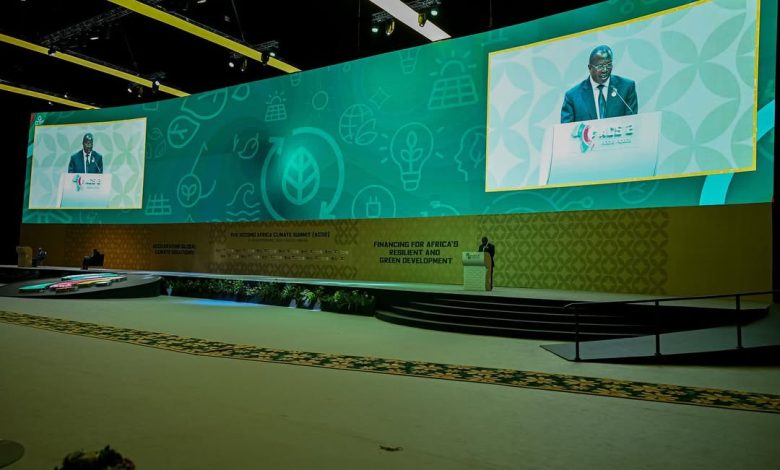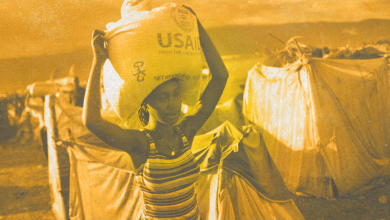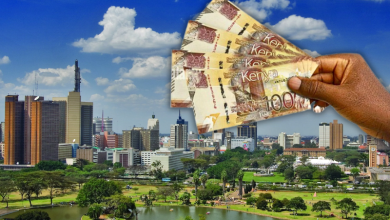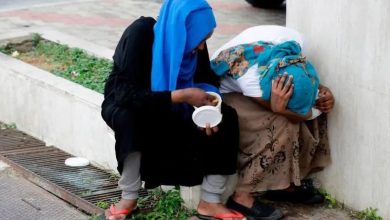Tanzania pushes for climate justice, warns of growing finance gap

ETHIOPIA: TANZANIA has called on the international community to honour its climate finance commitments, saying that Africa’s pursuit of resilient and green development depends on urgent and predictable support.
Speaking at the 2nd Africa Climate Summit in Addis Ababa, Ethiopia, Vice-President Dr Philip Mpango said that limited fiscal space continues to constrain Tanzania and many other African countries from closing the widening climate finance gap.
He stressed that global partnerships and increased climate financing are crucial to keep Africa’s development on track amid escalating climate threats.
Dr Mpango outlined Tanzania’s efforts and priorities in addressing climate change.
He noted that Tanzania is already experiencing severe climate shocks, including unpredictable rainfall patterns, prolonged droughts, recurrent floods, rising sea
levels and saltwater intrusion all of which, undermine agriculture, aquaculture, health systems and infrastructure. The Vice-President revealed that the government spends an average of two to three per cent of GDP annually on climate mitigation and resilience measures, a significant burden for a developing country with other pressing needs.
“Despite contributing less than four per cent of global emissions, Africa bears the greatest climate burden. Developed nations must provide new and predictable financing, double adaptation funding as agreed under the Paris Agreement and operationalise the Loss and Damage Fund with adequate resources,” Dr Mpango urged.
He further said that adaptation must be given equal priority to mitigation within the global climate framework through the Global Goal on Adaptation.
Dr Mpango noted Tanzania’s long-term Vision 2050, which integrates climate resilience and green growth as central pillars.
The vision aims to achieve sustainable livelihoods, renewable energy development and low-carbon industrialisation.
ALSO READ: Africa seeks support in its green transformation to cope with climate change woes
“To achieve these goals, Tanzania is implementing the National Environment Master Plan (2022–2032) and the National Clean Cooking Strategy (2024–2034), targeting deforestation reduction, emission cuts and improved household health outcomes,” he explained.
Energy transition remains a key focus of Tanzania’s climate agenda.
The country is investing in renewable energy projects such as hydropower, solar, wind and geothermal, while utilising natural gas as a cleaner transition fuel to support industrial growth.
Dr Mpango expressed ambition for 80 per cent of Tanzanian households to adopt clean cooking solutions by 2034, which will bring climate, health and gender equality benefits.
He also highlighted Tanzania’s role in advancing continental energy goals through the Mission 300 Africa Energy Summit, hosted in Dar es Salaam early this year.
This initiative aims to provide electricity access to 300 million people in Sub-Saharan Africa by 2030.
“Tanzania remains committed to working with regional and global partners to meet this target,” he added.
The Vice-President also detailed efforts to promote sustainable use of marine and inland water resources through the Blue Economy Policy in Zanzibar and the Blue Economy Strategic Framework on the mainland.
These initiatives support resilience and job creation in fisheries, marine transport and coastal tourism.
Tanzania currently chairs the African Group of Negotiators (AGN) in preparation for the upcoming COP30 in Brazil.
Dr Mpango stressed that Tanzania will continue to coordinate Africa’s common position, ensuring that climate finance, adaptation, loss and damage and just transitions remain central to global negotiations.
“A successful COP30 must deliver ambitious, inclusive and equitable outcomes. Tanzania fully supports Brazil as the host country and COP30 President,” he said.
The 2nd Africa Climate Summit gathered Heads of State, ministers, development partners and civil society representatives to discuss “Accelerating Global Climate Solutions and Financing for Africa’s Resilient and Green Development.”





